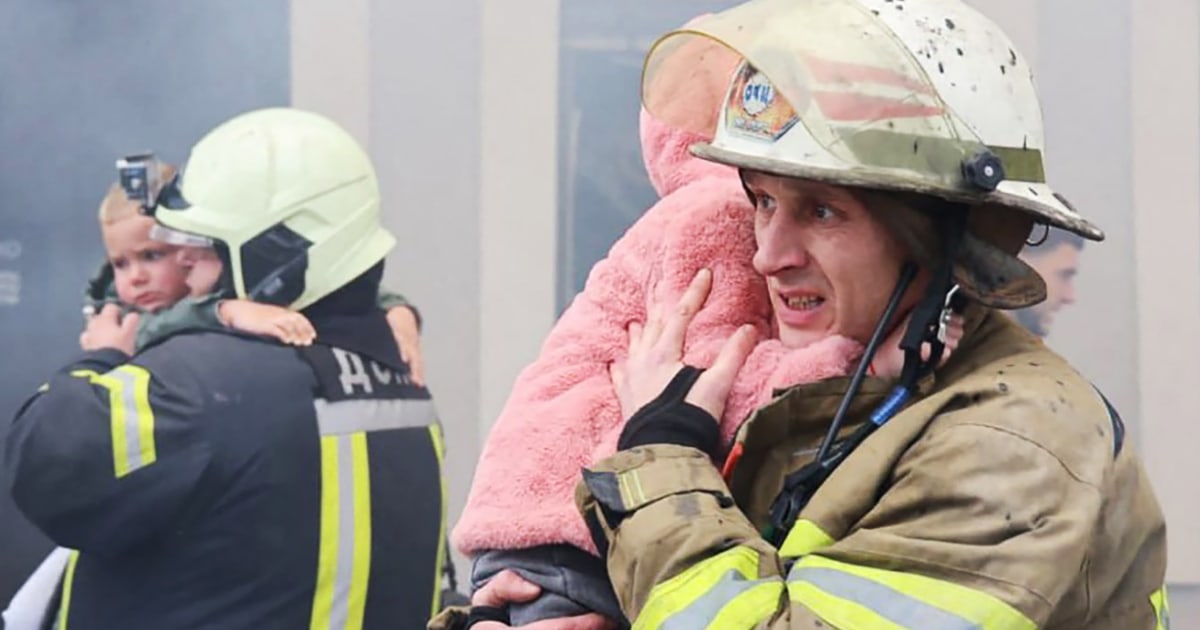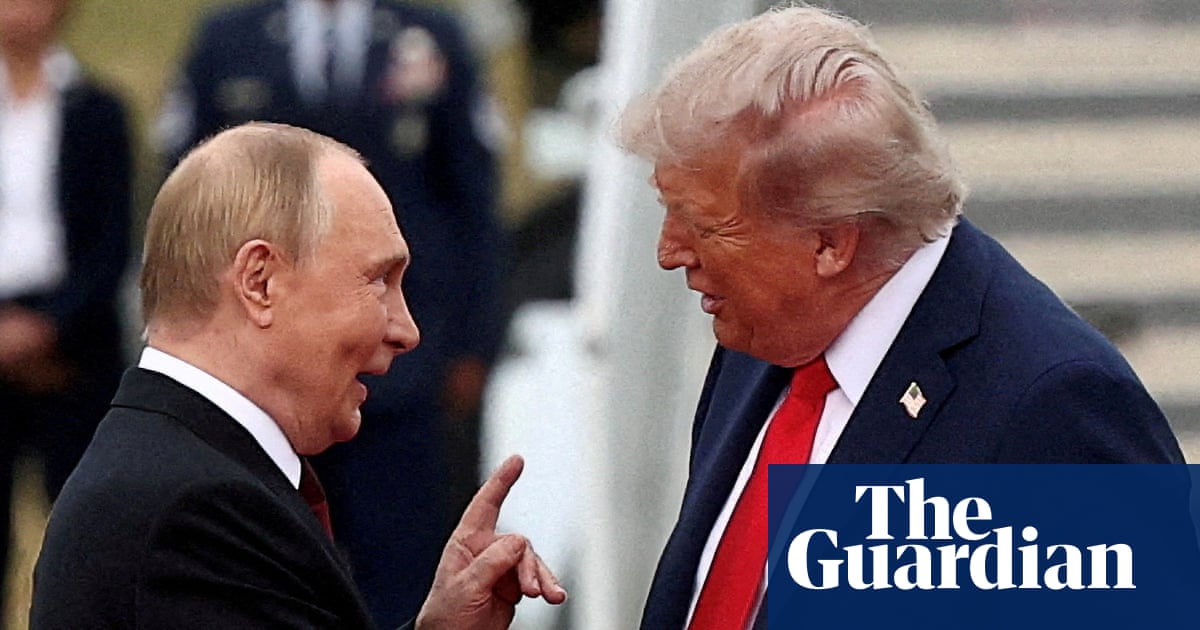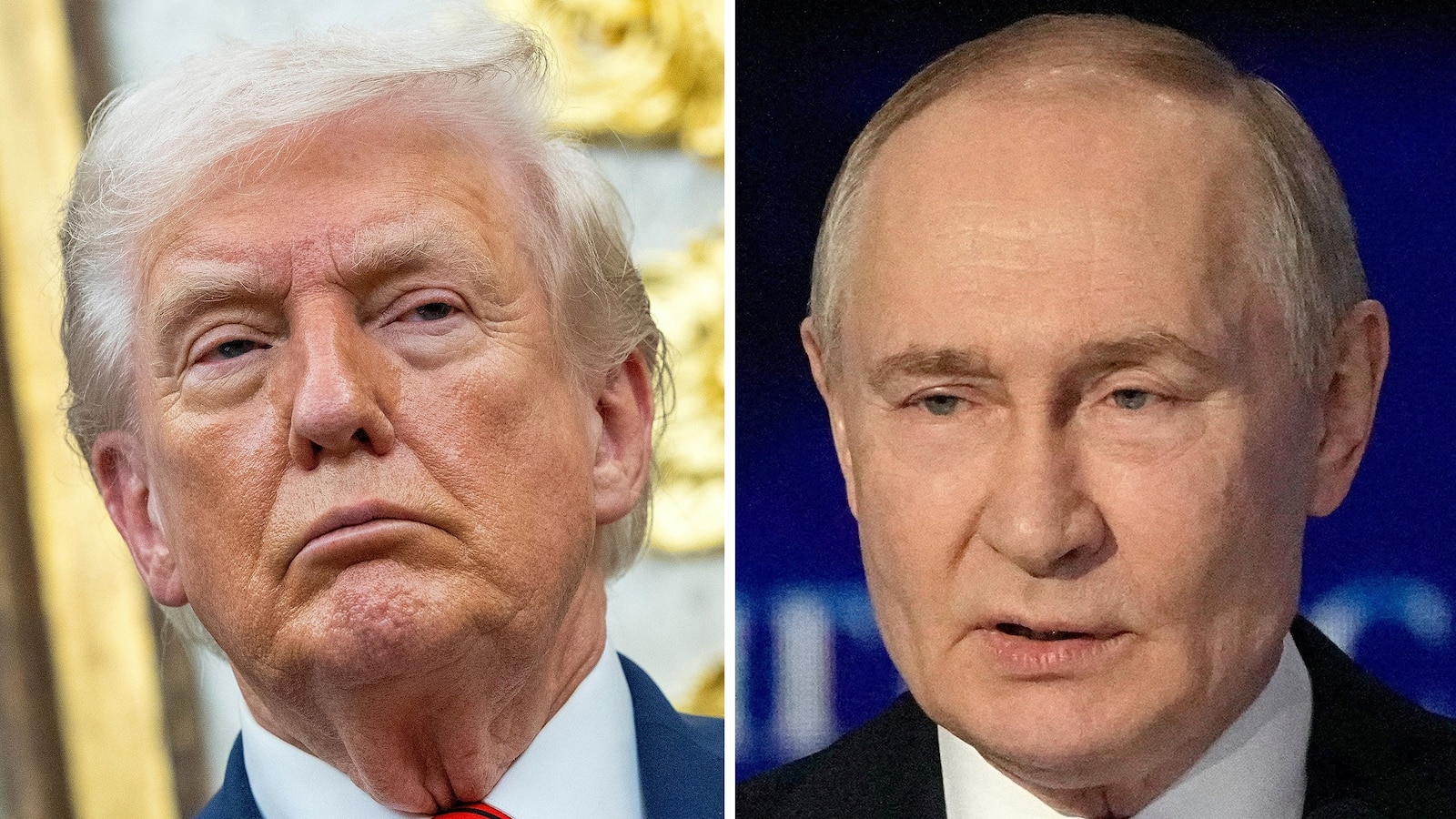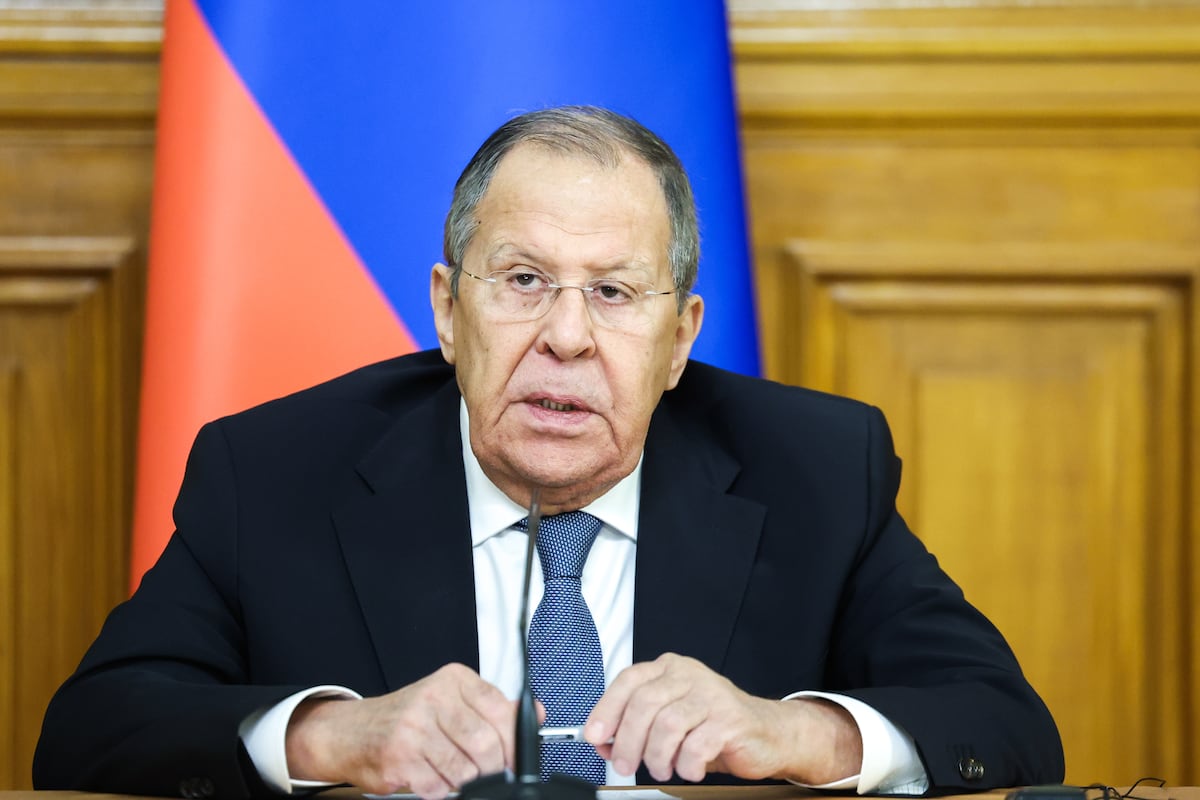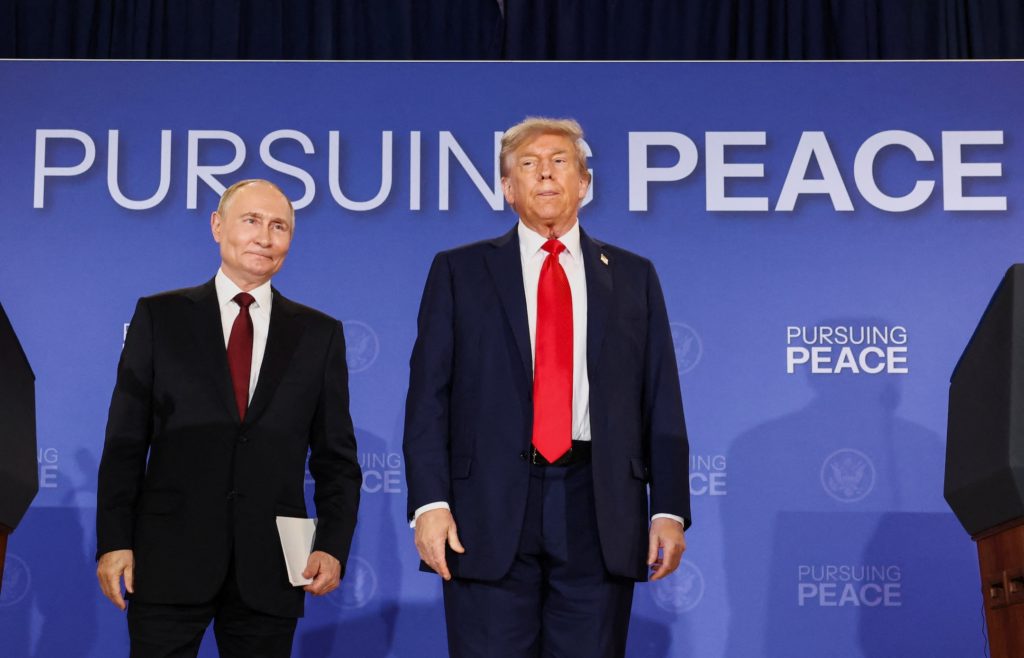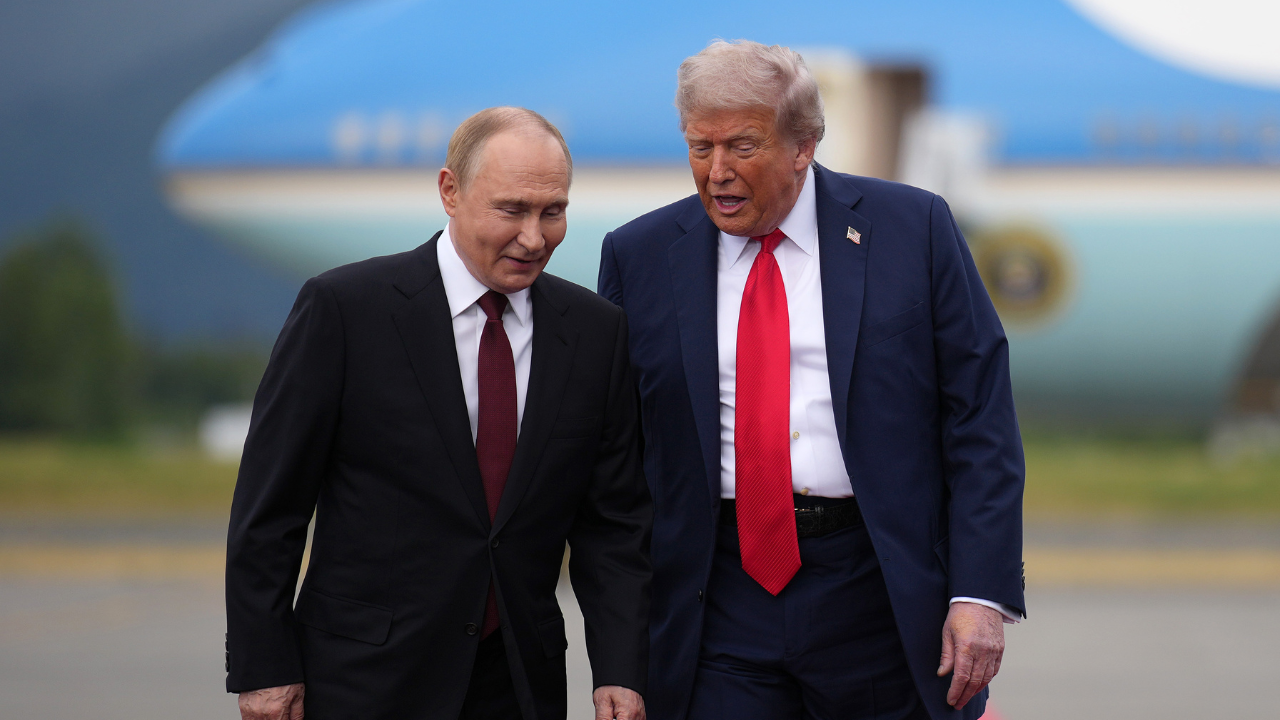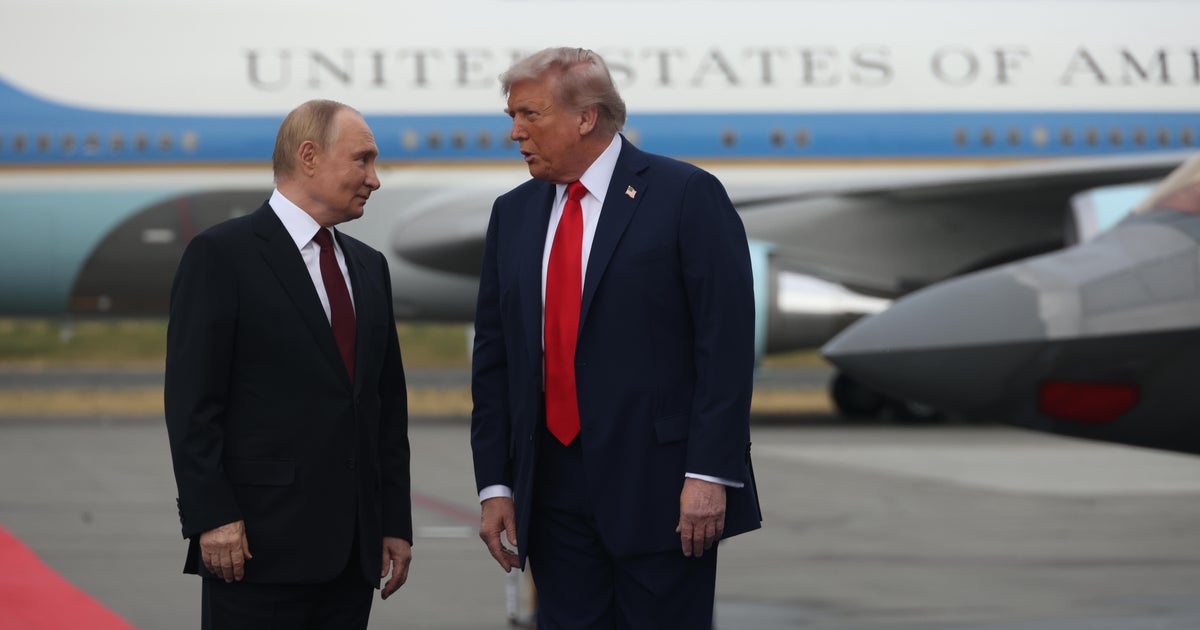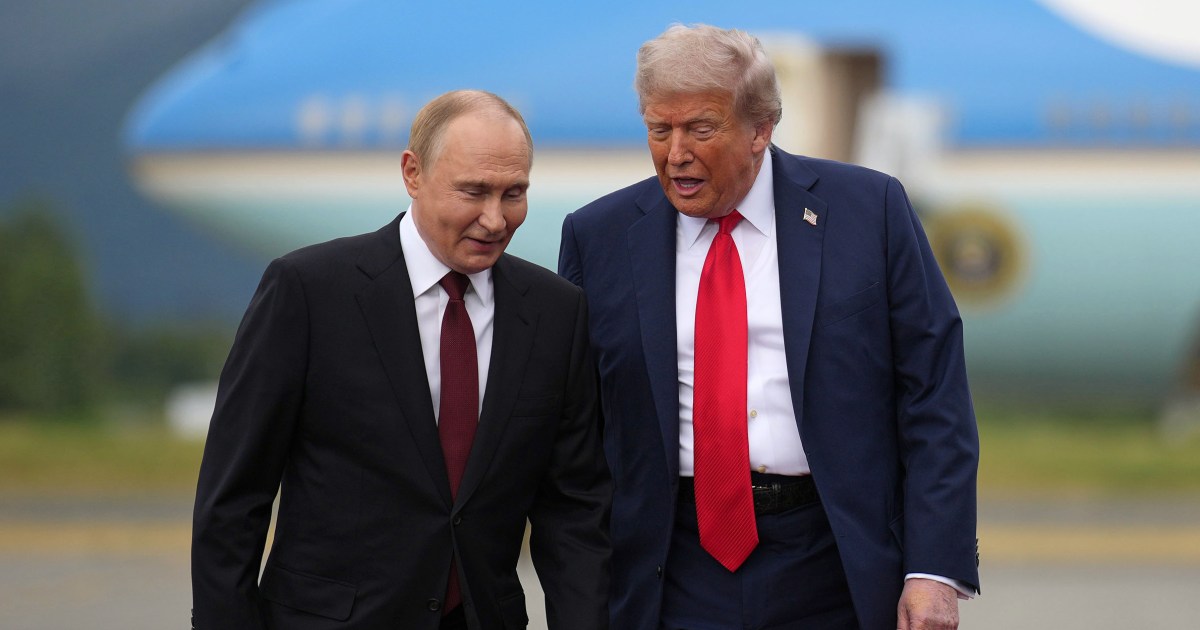Trump-Putin Summit Canceled Amidst Ceasefire Disagreement and Diplomatic Hurdles
A planned Trump-Putin summit in Budapest was canceled after President Trump's ceasefire call was rejected by Russian Foreign Minister Lavrov, who consistently emphasizes long-term peace, highlighting ongoing diplomatic challenges.
Overview
- The anticipated Trump-Putin summit in Budapest, intended to address the ongoing war, was canceled, with no immediate future meetings between the leaders currently scheduled.
- The cancellation followed President Trump's proposal for an immediate ceasefire and maintaining current front lines, a stance Russian Foreign Minister Lavrov consistently rejected, stressing the importance of long-term peace in talks with Ukraine.
- Further diplomatic setbacks include the postponement of Secretary of State Marco Rubio's meeting with Russian Foreign Minister Lavrov, impacting broader US-Russia discussions and potential high-level engagements.
- Ukrainian President Zelenskyy, despite a positive White House meeting, expressed interest in the canceled summit and supports Trump's ceasefire call, while prioritizing the acquisition of sophisticated weaponry.
- Russian Deputy Foreign Minister Ryabkov had previously indicated that summit discussions were premature, underscoring persistent challenges in scheduling and preparing for high-level international meetings amidst geopolitical tensions.
Report issue

Read both sides in 5 minutes each day
Analysis
Center-leaning sources frame the story by highlighting the immediate continuation of Russian aggression and the lack of tangible progress in peace efforts, often juxtaposing these with President Trump's statements about avoiding "wasted meetings." They emphasize the ongoing conflict and past failures, suggesting the futility or difficulty of Trump's diplomatic initiatives.
Articles (14)
Center (4)
FAQ
The summit was canceled due to disagreements over President Trump's call for an immediate ceasefire, which Russian Foreign Minister Lavrov rejected, emphasizing instead the need for long-term peace, alongside logistical issues and diplomatic tensions such as Poland's threat to block Putin's plane.
The main points of contention were the U.S. push for an immediate ceasefire and maintaining current front lines, which Russia rejected as too short-term, preferring long-term peace negotiations, plus disagreements involving Ukraine's military aid needs and concerns over NATO expansion and Russian-speaking populations.
President Zelenskyy expressed interest in the summit despite its cancellation, supported Trump's ceasefire call, and emphasized the importance of acquiring sophisticated weaponry such as Tomahawk missiles to sustain Ukraine’s defense.
The cancellation led to further setbacks in diplomatic relations, including the postponement of Secretary of State Marco Rubio's meeting with Russian Foreign Minister Lavrov, delaying broader discussions and potential high-level engagements between the two countries.
Russia is concerned about NATO's expansion, the protection of Russian-speaking populations in Ukraine, and views the U.S. and Ukraine’s push for an immediate ceasefire as influenced by external European supporters, which complicates peace negotiations.
History
- 2M

 6 articles
6 articles
- 2M

 5 articles
5 articles


